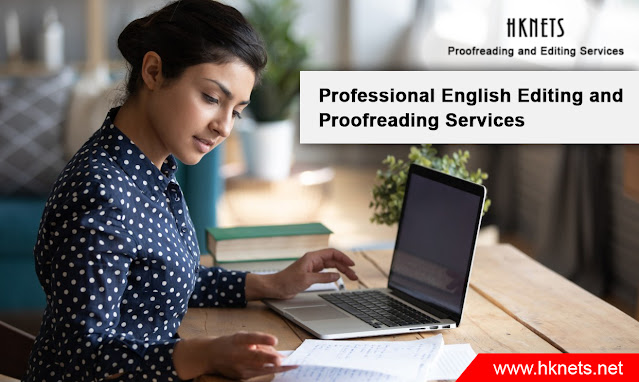The written word is best when it flows easily – from the paper or screen to the minds of the readers without any glitches, so to speak. The following are some tips on how to choose the right editor/proofreader.
Anything that is written – be it an email, article, manuscript, thesis or any other document – cannot afford to contain errors of any kind. Grammar and punctuation mistakes are particularly off-putting for readers while errors in sentence construction or phrases can create confusion and misunderstandings. In fact, such gaffes not only dilute the written word but can also prove to be quite costly.
Editors and proofreaders help avoid mistakes; proofreading and editing services render the document error-free on all counts! Yet, it is the quality of the service which will ensure peace of mind in terms of weeding out errors and polishing the writing to make the right impression.
Editors and proofreaders help avoid mistakes; proofreading and editing services render the document error-free on all counts! Yet, it is the quality of the service which will ensure peace of mind in terms of weeding out errors and polishing the writing to make the right impression.
The following are some tips on how to choose the right editor or proofreader:
- Qualification and skills – Consider the education and background in terms of academic degree and training. Here, it is always better to look for native English people as they will have an innate command of the language.
- Experience –Take a look at the kind of editorial work the provider has done in the past. Familiarity with the subject or domain knowledge will stand you in good stead, especially for academic theses and journals.
- Client reviews – Checking online reviews and contacting old clients will give you an idea about both the work quality and professionalism. Confirm whether they actually stick to deadlines or just make tall promises.
- Ask questions – It pays to have a direct conversation with the professional and find out details about the kind of editing/proofreading you can expect, how much you will have to be involved, the approximate turnaround time, confidentiality and so on. Have a general discussion about the topic of the document and how the changes should not end up compromising the original theme and purpose. Also inquire about whether you will be made privy to the proposed changes and if you can come back for more corrections, feedback, etc.
- Prices – The dollar costs will be a driving factor in the final decision. In general, it is advisable not to blindly choose the lowest offer as this can influence the quality of the work. Moreover, keep a lookout for hidden charges in the editing or proofreading services which can drive up the final bill beyond the initial quote. Established and reliable services usually offer a quote after scrutinizing the document and stick to the same as far as possible.
Once the right service has been finalized, request a free sample of editing/proofreading a page or two of the document. This will become a concrete reference point for the tone and style of the work that can be expected from the professional. It will also ensure peace of mind while the work is underway!
Finally, sparing some time in making the right choice will go a long way in the end….


